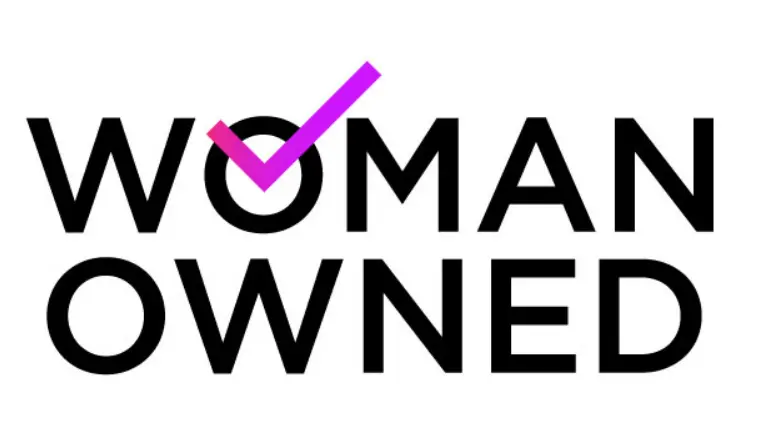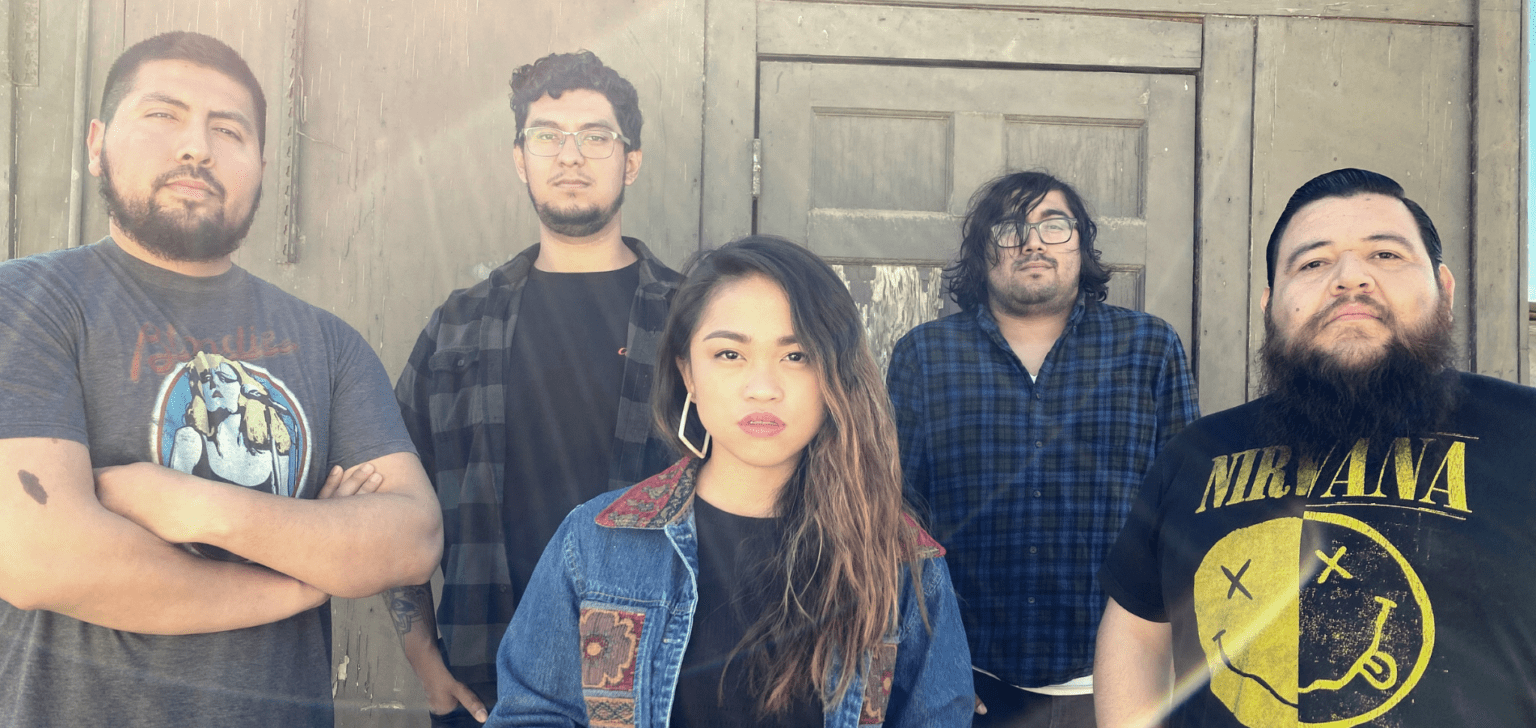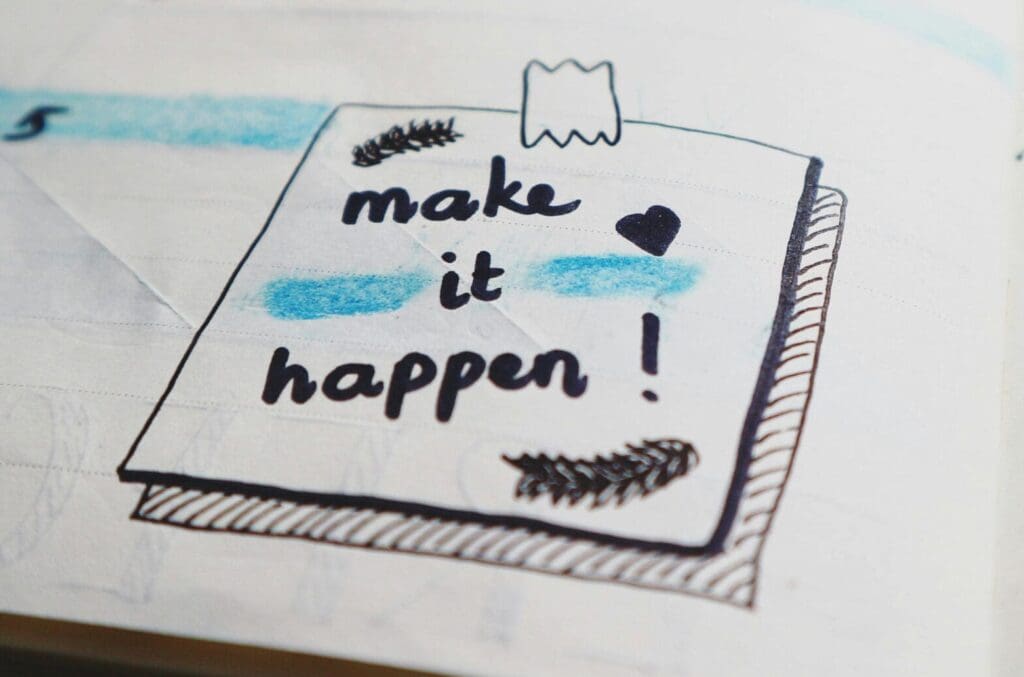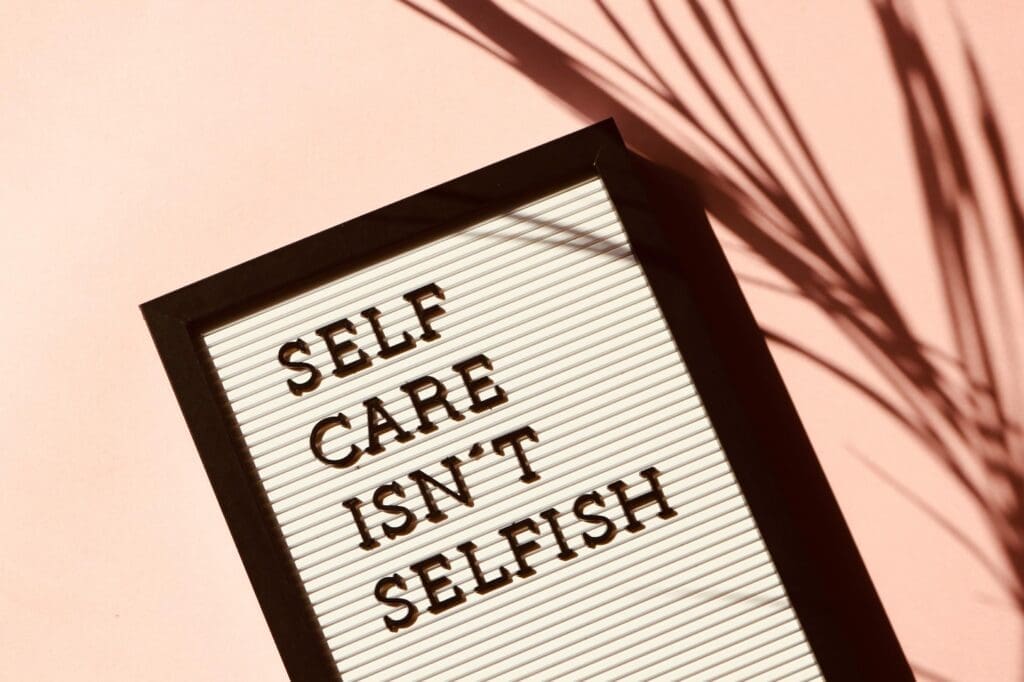How Can Music Benefit Mental Health Featuring Roland Gomez
By: Jenny Ernest & Joelle Rabow Maletis
Music is a powerful influence on us that occurs everywhere in our daily lives whether we’re listening to the radio in the car or blasting our favorite workout playlist at the gym. Listening to your favorite music is a great way to take a break, relax, cheer yourself up, or just give yourself time to think.
Studies show that listening to music that is upbeat and happy can cause our brains to produce the chemicals that cause feelings of joy while calming music causes the brain to make our mind as well as our body relax (Starling, 2022). The benefits of music can be mental as well as physical. Physically, it can lower blood pressure, relax muscle tension, and even reduce our heart rate (Peterson family foundation, 2016). Mentally, music improves our mood, ability to concentrate, and reduces stress, anxiety, and depression.
In addition to listening to music, learning how to play a musical instrument has significant benefits to mental health as well. It can help boost self esteem by learning a new activity, lower levels of stress, and allow a person to channel their energy into something positive. Furthermore, learning to play an instrument requires a person’s undivided attention, creating a sense of calm and mindfulness which lowers stress levels as well (The Sloan School of Music Team, 2022). Playing an instrument can allow a person to express themselves in a way they do not know how to verbally, increase their confidence, decrease depression, and even provide a community for them to engage in.
At JRM&A, we are passionate about the importance and benefits of music, especially our very own AMFT, Roland Gomez. In addition to being an Associate Marriage and Family Therapist, Roland is also a talented musician and member of the band, Project Ember. Here are some questions we asked Roland to find out more about his band, his talents, and what music means to him!
Instruments you play:
“My main instrument is the guitar, but I also play a bit of the drums and piano.”
Your role in the band:
“I actually write and perform everything in my band. The only thing I do not do is sing, but everything else I write and record. As for my other music projects, I’m currently in a band with some friends where I play guitar.”
When and how did your love for music begin?
“I would say it began with my parents. In my culture, music is very important and my parents always played music throughout the house from various genres. From famous spanish rock all the way to mainstream hip hop, I was surrounded by all sorts of music and was fascinated as a kid with what I was hearing. I recall my parents taking us to family parties where they’d go to dance for hours and while I was not much of a dancer, I was fascinated by the musicians performing. It was mind blowing to me that these performers could be making these sounds which caused crowds of people to joyfully dance the night away. One day I stumbled upon my father’s collection of CDs and discovered a hilariously titled Green Day album from their early days. I laughed at the title and put it into my CD player to see what sounds would come out. That album changed everything and I begged my parents to let me learn guitar that very same day.”
What does music mean to you?
“I feel music is one of the few mediums in life that transcend language. I could listen to an emotional performance from any language and feel what they are feeling. I can hear a song I have never heard and immediately be captivated by the rhythm. Music to me is a connection to others around us that we may not have connected with otherwise. Amazing moments between strangers can happen just by standing in line waiting to enter a concert venue because the love of music connects them. Music is an opportunity to forget our differences and unify people through a commonality.”
How is playing music therapeutic for you?
“Simply put, all of us need a healthy outlet for our emotions. I cannot tell you how many times I have encountered someone saying they don’t know how to express their emotions. For me, music is my way of letting emotions out. Either through writing meaningful lyrics or playing live for others, it is my way of opening the flow of feelings so that it never gets too full. I hope that everyone can find their outlet for the complex emotions of life like I have through music.”
What is your favorite part of being in a band?
“I just love the idea of being a part of people’s happiness. If my band is playing at a venue, I am witnessing strangers leaving behind their hectic lives for one evening’s hope of enjoyment. I love the idea of being a part of that moment for them, or playing a song that connects with their lives. Anything that generates happiness for others is definitely my cup of tea, and being in a band does just that.”
How do you believe music can help people?
“All of these questions answer this to some degree, but I will add that music helps people by reminding them they are not alone. So many people connect with artists because something they stand for or sang about resonates with their experiences. This is especially apparent with songs about difficult moments in life that remind the listener ‘others have been here before and have overcome this.’”
Click HERE to learn more about Roland and the work he does at JRM&A!
While listening to music or playing an instrument can be a great therapeutic tool for lowering levels of stress, anxiety, and depression, it may not be the answer for everybody.
If you or someone you know is in need of guidance for finding ways to reduce these symptoms, contact us at 650-386-6753 or [email protected].
References:
Starling, L. (2022, November 29). How does music affect your mood and reduce stress? PPL PRS. Retrieved December 21, 2022, from https://pplprs.co.uk/health-wellbeing/music-reduce-stress/
Peterson Family Foundation. (2016, October 7). Health benefits of music therapy. Peterson Family Foundation. Retrieved December 21, 2022, from https://petersonfamilyfoundation.org/news/health-benefits-of-music-therapy/
The Sloan School of Music Team. (2022, March 15). 5 ways mental health is improved by learning an instrument. Sloan School of Music. Retrieved December 21, 2022, from https://sloanschoolofmusic.com/improving-mental-health-musical-instruments/




